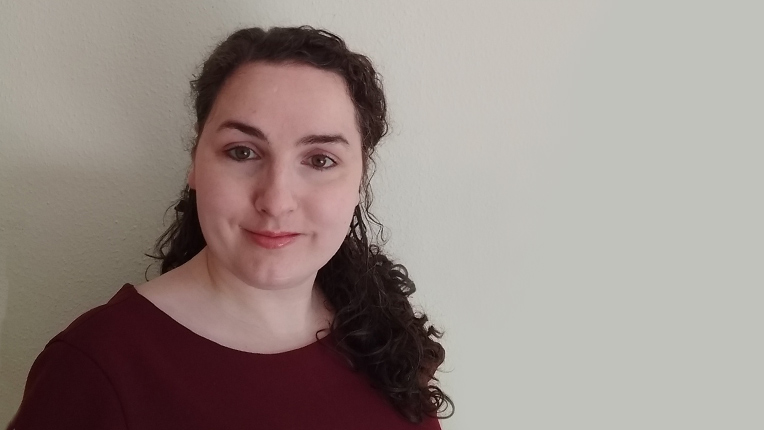People of ACM European Chapters - Rosanne English
May 13, 2025
One of your core goals has been to help students become “computational thinkers.” Will you explain what you mean by this term?
Whilst there is no single agreed definition, from my perspective this includes supporting students in developing skills to aid them in analysing problems and developing solutions which can be implemented by computing systems. This includes skills such as being able to break down problems, reformulate problems, and being able to think abstractly about computational systems. These skills are not limited to computing science and can be beneficial for everyone.
You have advocated for a technique called “interactive windows,”which segments students’ time in class differently from traditional approaches. Why are using interactive windows a better way to teach computing?
The traditional didactic approach to teaching, where the master spent most of the class time lecturing to the students, was borne from a time where knowledge was difficult to access. For this reason, lecturing was the dominant approach in teaching because it allowed people to communicate knowledge to large groups of people. However, as Bligh noted in the 80s, this approach is less effective when people have easier access to information.
The interactive windows approach breaks up lectures into smaller components which students find more digestible and encourages them to engage in activities which improve learning. For example, I make use of short clips from media which demonstrate poor understanding or application of cyber security, and after presenting these to students, ask them to discuss in small groups and then report their analysis of what was misrepresented. My experience has been that students engage more fully with this approach, compared to a traditional “chalk and talk” method, where their active attention can be difficult to sustain.
This approach is one of the tools in my toolkit for active learning teaching practice. I also run classes which use a “flipped model” for learning, where students engage with the “knowledge” component before class. This allows me to focus more on the application of skills and understanding in the limited time we have together.
How will AI change the way computing is taught?
Generative large language models (LLM’s) are already changing how we teach computing. These tools can be especially useful in generating code, which in my opinion is impacting how we teach and assess programming already. I believe that it is still important for students to understand how to program from first principles (so to speak), so that they have a core understanding of the key concepts. This means when systems change or fail students can adapt. In my opinion it would be beneficial for computing degree teams to consider how to embed generative AI into how they teach and assess, rather than trying to prohibit use. This approach would better prepare students for future job roles where they will likely be expected to work with these tools. There are also benefits to generative LLMs in that they can be used as teaching aids (with care), helping students to break down problems and clarifying concepts which could be especially helpful for students who need additional support.
Will you tell us about some of the regular activities or upcoming events of the ACM UK SIGCSE Chapter?
The next upcoming event of UK SIGCSE is the UK ICER conference, which will be located in Edinburgh, Scotland this year. This conference aims to provide a local venue for colleagues across UK and Ireland (though it is open worldwide) who are undertaking computing education research. In January next year, we also have the 10th anniversary of the Computing Education Practice conference, which runs in Durham each year and provides a venue for colleagues focused on teaching practice.
As a chapter we are currently exploring how to support members in developing their scholarships for learning and teaching in computing as well as research in computing education.
What is an example of another development in your field that will be especially impactful in the coming years?
One area which I believe we will see more of in the coming years is sustainability in computing education. Sustainability is now an embedded component for accreditation criteria in the British Computer Society (BCS). Although the BCS is one of our primary accreditation bodies, it is still developing a framework for how to approach sustainability in computing education, which is an emerging discipline.

Rosanne English is a Principal Teaching Fellow in the Department of Computer and Information Sciences at the University of Strathclyde (UK). At the University of Strathclyde, her role includes development and delivery of departmental strategy relating to learning and teaching, as well as cybersecurity teaching.
English serves as Vice Chair of the ACM UK Special Interest Group on Computer Science Education (ACM UK SIGCSE).